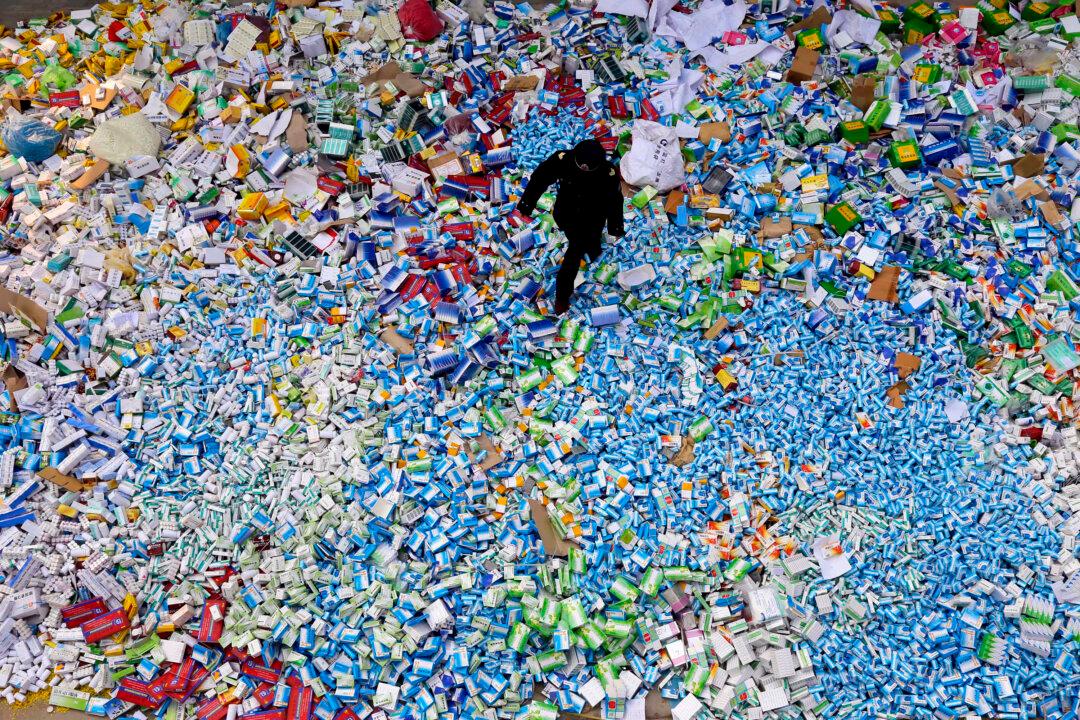Stories of Chinese emptying the shelves of supermarkets around the world, as they snap up everything from baby formula to toilet seats, are well known. One official in China, however, thought that purchasing flu medicine abroad was taking it too far.
“Going to Japan to buy flu medicine—this is a disgrace to pharmaceutical industry in China,” said Wang Xuehai, a member of the Chinese People’s Political Consultative Conference of Hubei, a political advisory body, on Jan. 30. (Wang may also have been talking up his own business, given that he is president of the Humanwell Healthcare Group Co.)
Wang blamed the problem on the lack of technological innovation in China’s pharmaceutical industry—avoiding what many believe are the deeper issues related with corruption and trust in Chinese society.
Many users of Sina Weibo, the Chinese equivalent of Twitter, disagreed with this technocratic reading of the problem. One netizen from Hebei wrote: “No, no, no. I think the shame is on the government, since there are also problems with milk powder, education and pensions.”
“It is obvious that fake products are rampant in China, and the shame is on the government,” wrote a netizen from Changchun, Jilin Province. “It is more than just flu medicine. There are also skin care products and food. How many products are there that people really feel safe using?”
While Chinese people have little faith in flu medicine made in China, there are other drugs that also seem problematic. In June last year, police in Wuxi, a city in Jiangsu Province, seized two tons of fake drugs worth 3 million yuan (about $456,600) for plastic surgery, reported state mouthpiece Xinhua. The suspects were selling fake Botulinum toxin, skin whitening injections, and counterfeit anesthetics to beauty clinics.
In September last year, police in Guangzhou, the capital of Guangdong Province, seized 1.54 million fake sexual-dysfunction drugs, 3.52 million empty capsules and capsules without any identification mark, and 2,830 tablets of Amoxicillin, a kind of penicillin, reported Hong Kong media Oriental Net.
Even suicide capsules in China have turned out to be fakes. Wang Kai and his father rushed to the hospital in Zhenjiang, a city in Jiangsu Province, after Wang took nine pills of potassium cyanide in an attempt to commit suicide recently, reported Xinhua on Jan. 14, 2016. Potassium cyanide is extremely toxic and a small amount can kill.
But Wang survived, and was eventually released from the hospital: the suicide pills he purchased online were fake.





